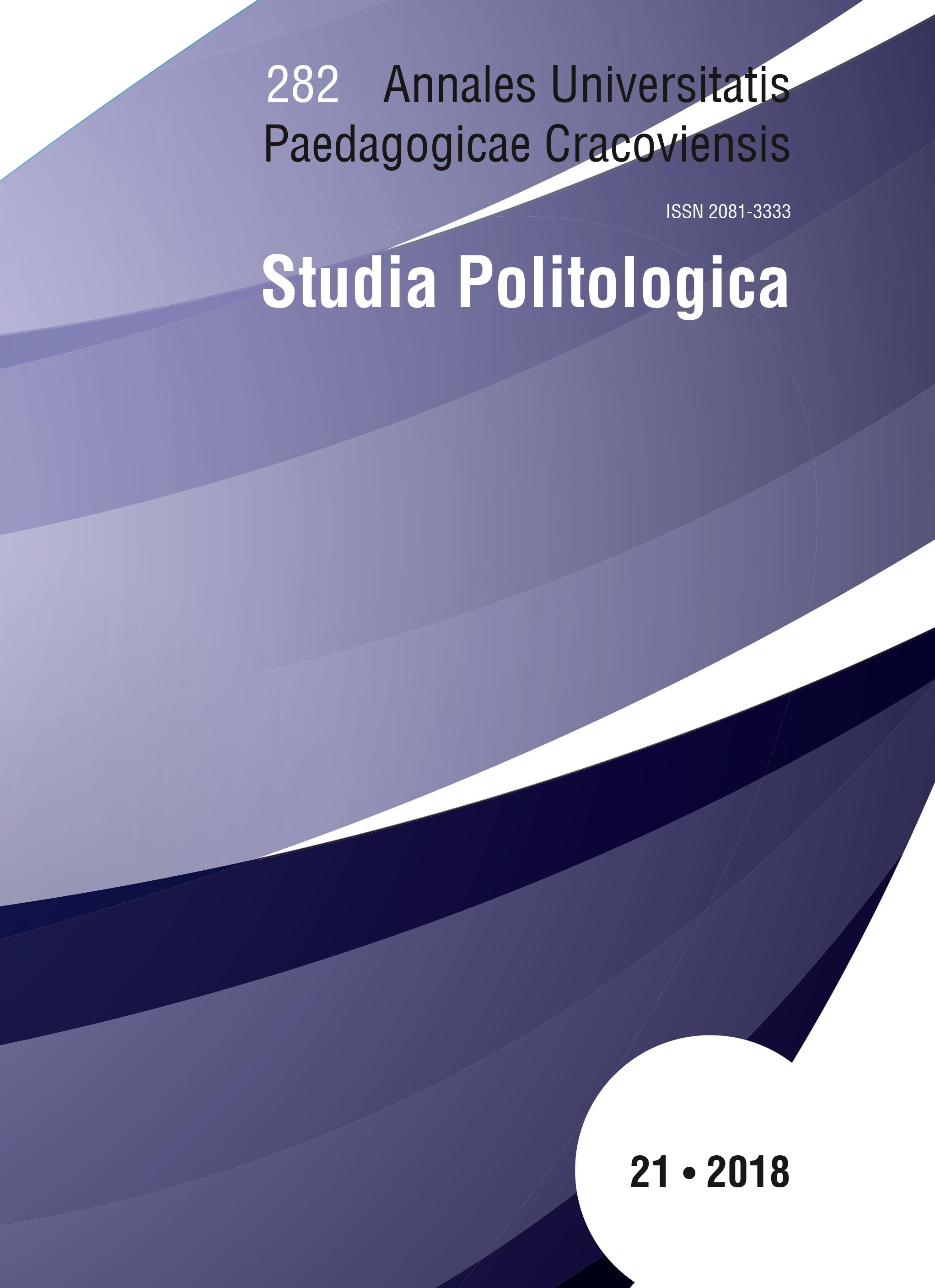Sentyment antyamerykański w stosunkach międzynarodowych
DOI:
https://doi.org/10.24917/20813333.21.8Abstrakt
The objective of the article is to analyze the anti-American sentiment in international relations. A chronological systematization of particular stages of the development of anti-Americanism aims to illustrate its evolution and the constantly changing perception of the United States by representatives of different cultural circles. It is worth emphasizing that while European anti-Americanism is based mainly on the philosophical foundations, the Islamic anti-Americanism has its roots mainly in the negative assessment of US foreign policy towards the Middle East region. The first strong wave of anti-Americanism flooded the Middle East in 1967 when the US supported Jews during the six-day war. Each subsequent conflict in the Arab world with US involvement only deepens the antagonisms that have persisted since then. Followers of Islam also have objections towards the culture of the United States, which is to be shallow and expansive. It is worth emphasizing, however, that the anti-American sentiment grew and evolved simultaneously with the state that was being formed, which is why it is not possible to recall only one specific reason that causes the country to have as many opponents. While nineteenth century polemics consisted of almost purely theoretical considerations about the superiority of the Old World over the New World, the reality of twenty-first century terror based on hatred for the US, requires serious actions from American diplomacy.Pobrania
Numer
Dział
Artykuły
Licencja
Redakcja przyjmuje do druku teksty oryginalne, wcześniej niepublikowane. Treść czasopisma jest dostępna na licencji Creative Commons (CC-BY-NC-ND 3.0 PL)
Licencja ta zezwala na wykorzystanie materiałów opublikowanych w czasopiśmie w celach niekomercyjnych np. komentarza, krytyki, informacji, archiwizacji, nauczania lub prowadzenia badań, z poszanowaniem aktualnie obowiązującego prawa autorskiego (ustawa z dnia 4 lutego 1994 r. o prawie autorskim i prawach pokrewnych Dz.U. 1994 nr 24 poz. 83 z poźn. zm.). Zgodnie z wymogami licencji, konieczne jest dokładne podanie źródła cytowania lub parafrazowania oraz zachowanie tekstu w oryginalnej postaci (zakaz tworzenia utworów zależnych).

